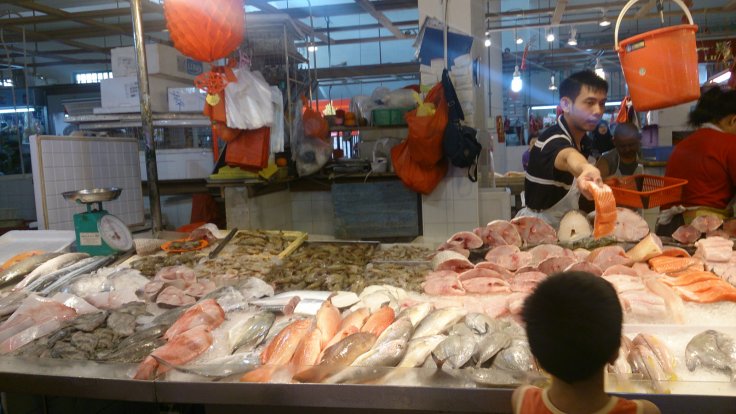As the coronavirus pandemic continues to spread rampantly around the world, China has re-opened its infamous wet markets from where the deadly virus originated from.
Last month, as per reports, China had re-opened some of its notorious wet markets in cities like Guilin and Dongguan, where they continued to slaughter and sell exotic wild animals, including bats, potentially exposing the world to another deadly outbreak.
Wet markets reopen in Wuhan

Now, as pointed out by Bloomberg, wet markets in Wuhan have also started re-opening after the city eased its lockdown restrictions on Tuesday. Even though the coronavirus outbreak was traced back to a Wuhan wet market, other wet markets in the city have opened their doors and started operating like nothing ever happened.
According to the report, the Baishazhou wet market, one of the biggest wet markets in Wuhan, has re-opened and is carrying on business as usual as the city returns to normalcy following a lockdown that lasted for 77 days, with an overhead sign that reads, "No slaughtering and selling live animals."
The wet market in Baishazhou is located only 16 km away from the Huanan wet market, where health officials claim COVID-19 originated from. It is also the same market where a 47-year-old man used to work before testing positive for COVID-19 in January, as reported by AFP correspondent Xinqi Su on Twitter.
International pressure
Baishazhou and other wet markets have drawn international attention and are at the centre of an intensifying debate over whether they should be allowed to operate, as they've been identified as hotbeds for dangerous bacteria and viruses like coronavirus predominantly due to the unsanitary conditions these markets maintain.
Dr Anthony Fauci, director of the National Institute of Allergy and Infectious Diseases, and the UN biodiversity Chief, Elizabeth Maruma Mrema, have also called for a closure of wet markets, not only in China but globally, arguing that they're directly responsible for spreading infectious diseases. US Senator Lindsey Graham also threatened China with a trade cut-off if it did not close down wet markets across the country, as previously reported.









